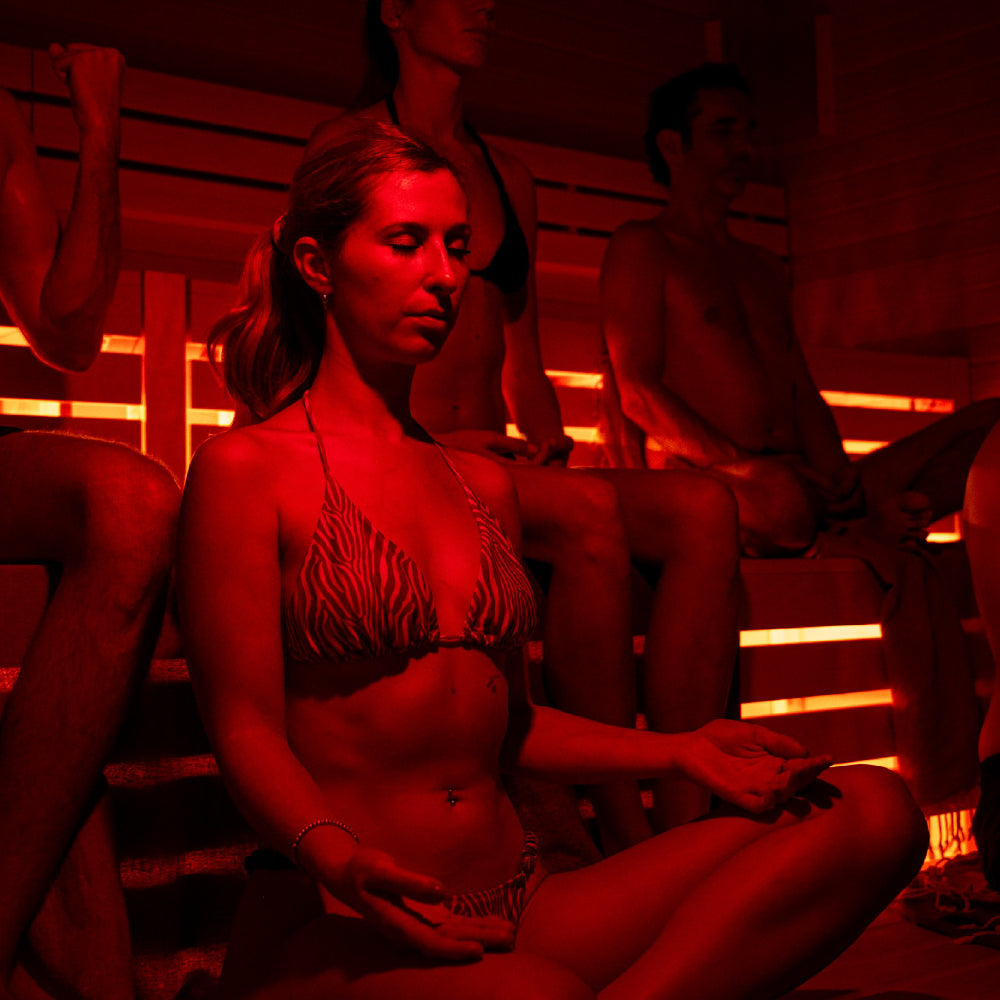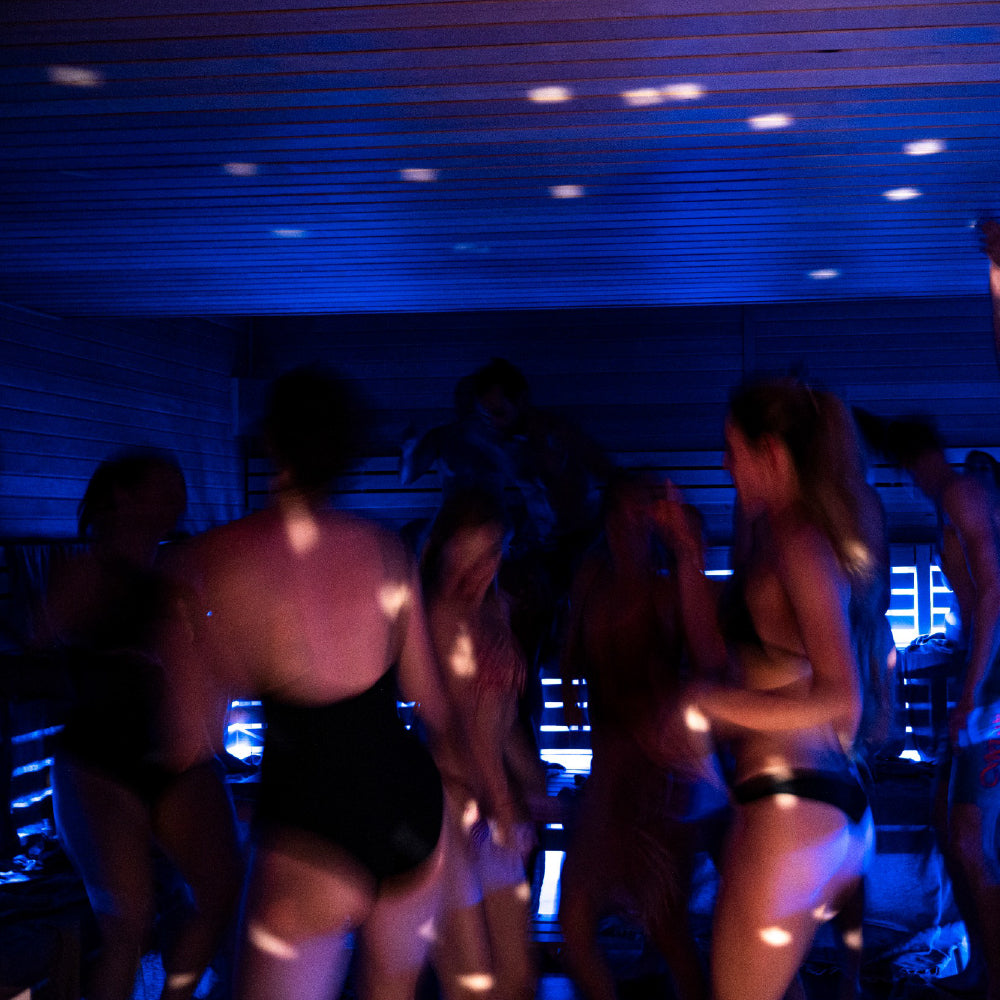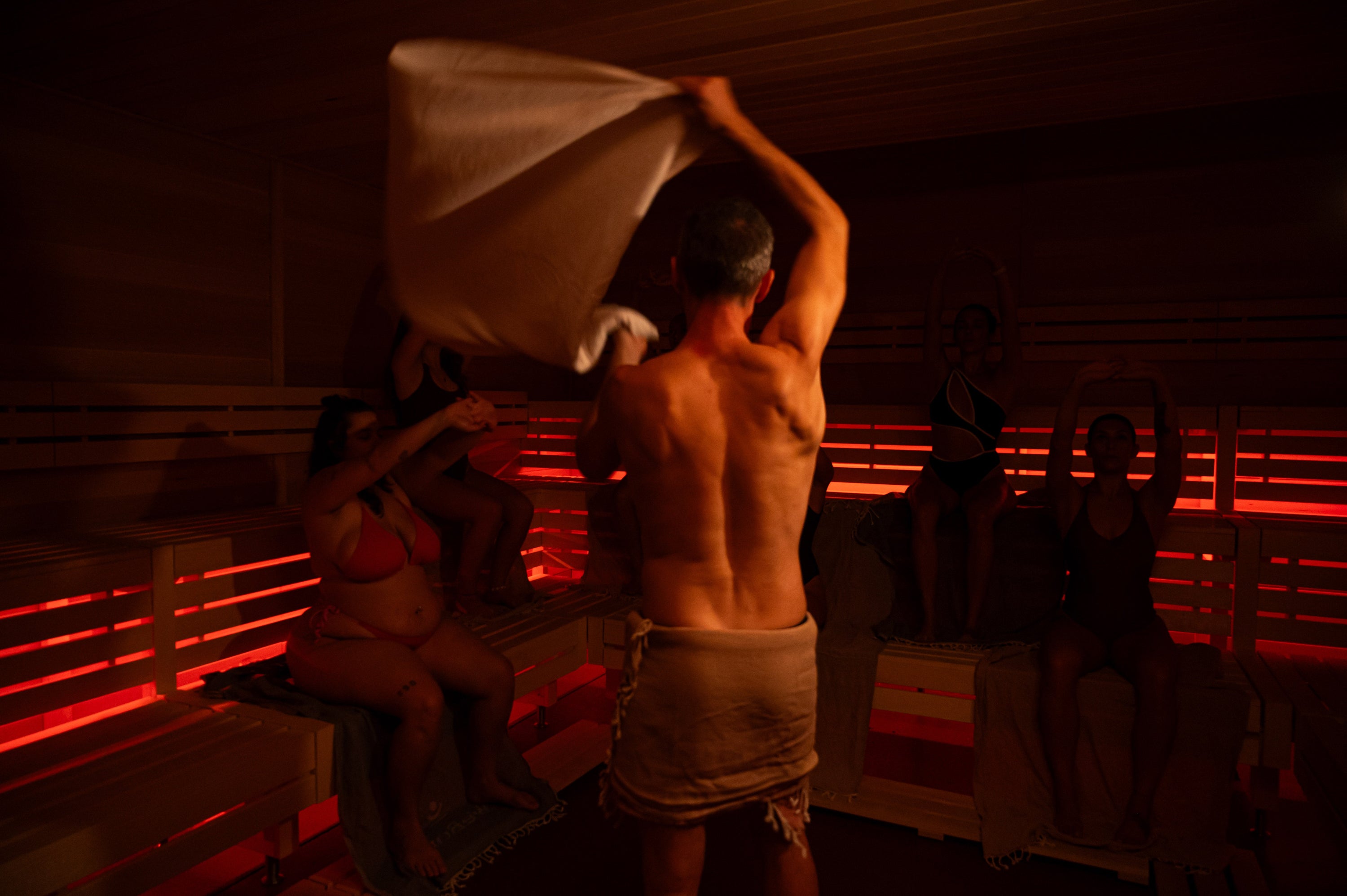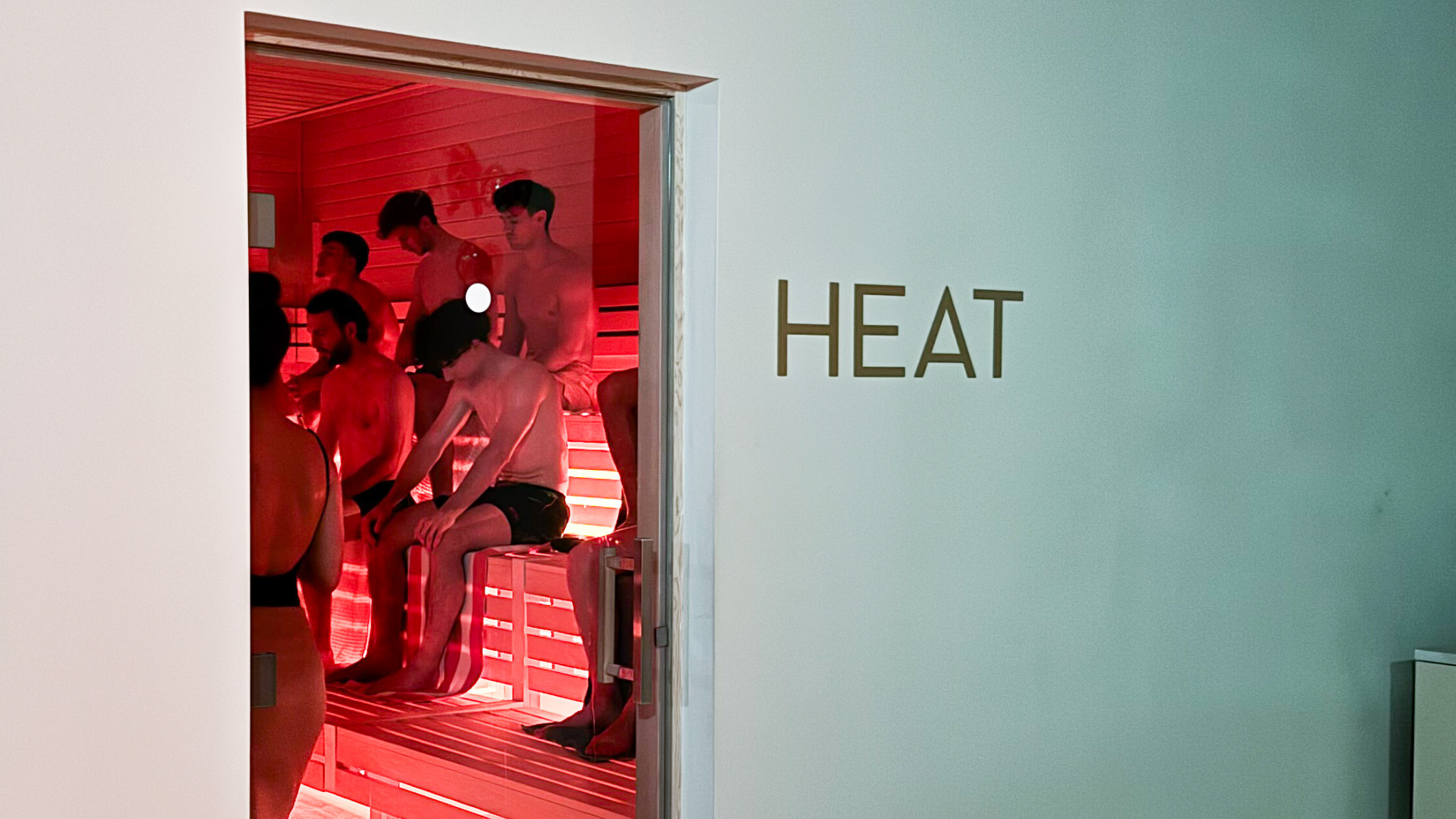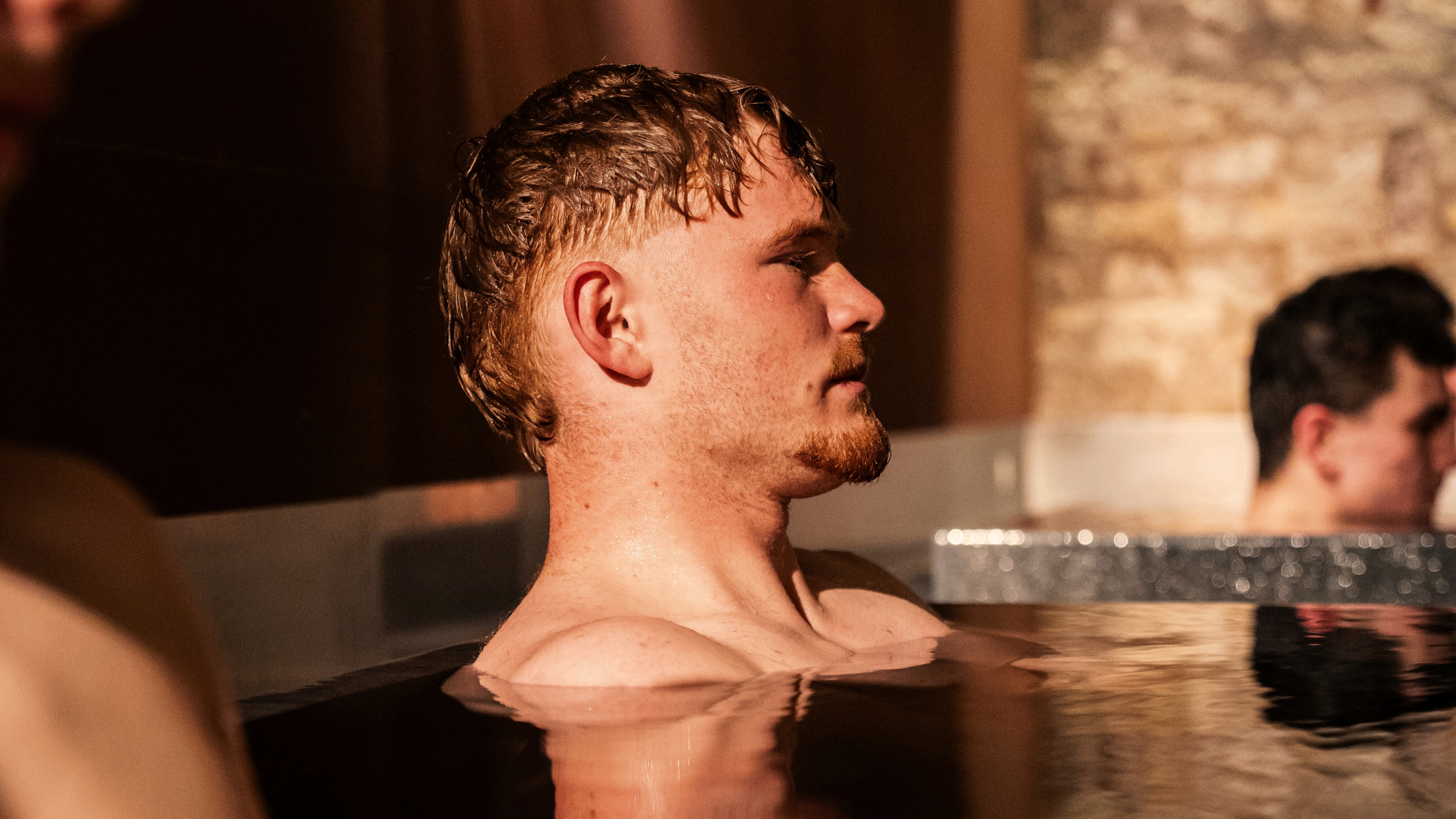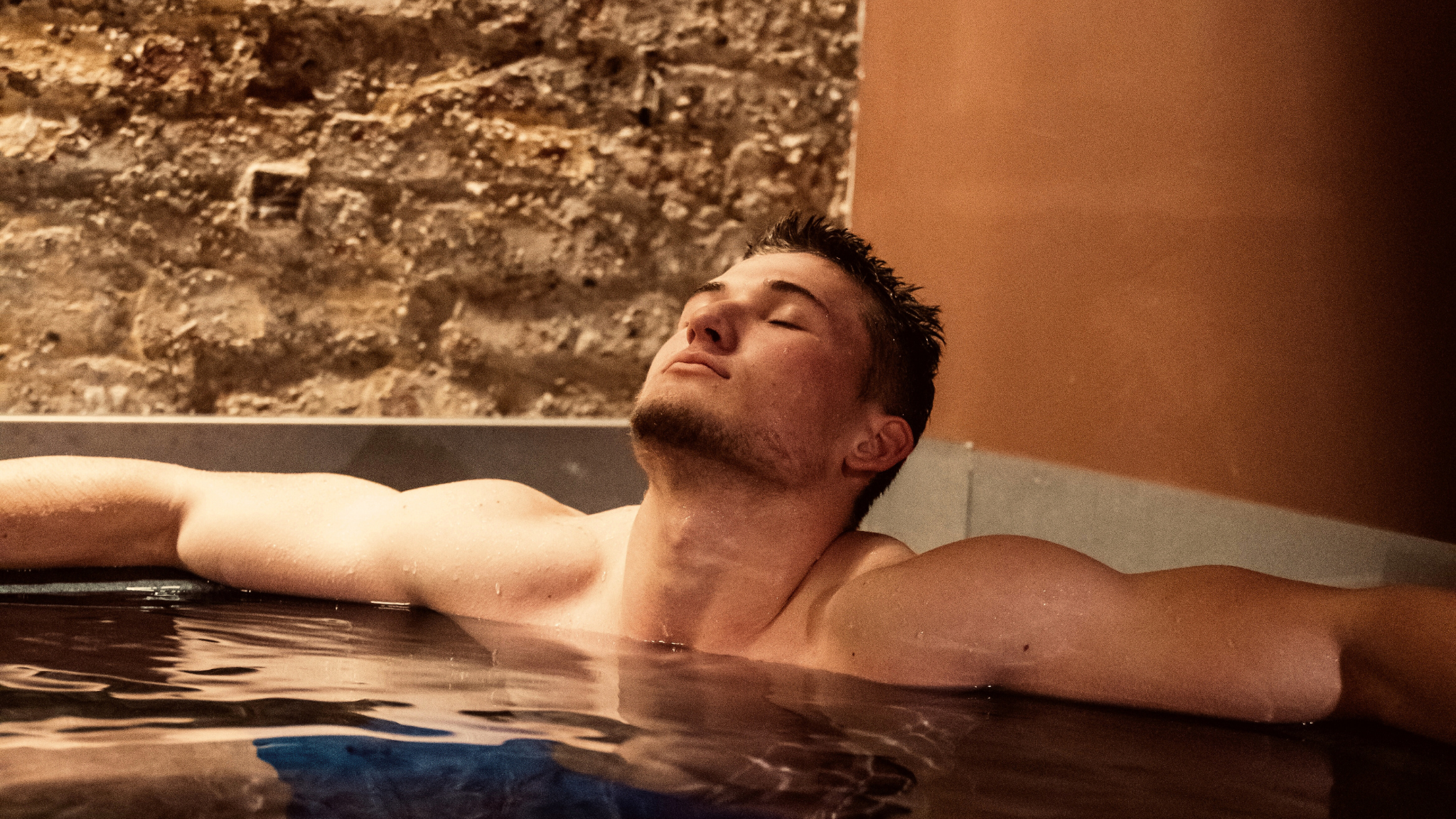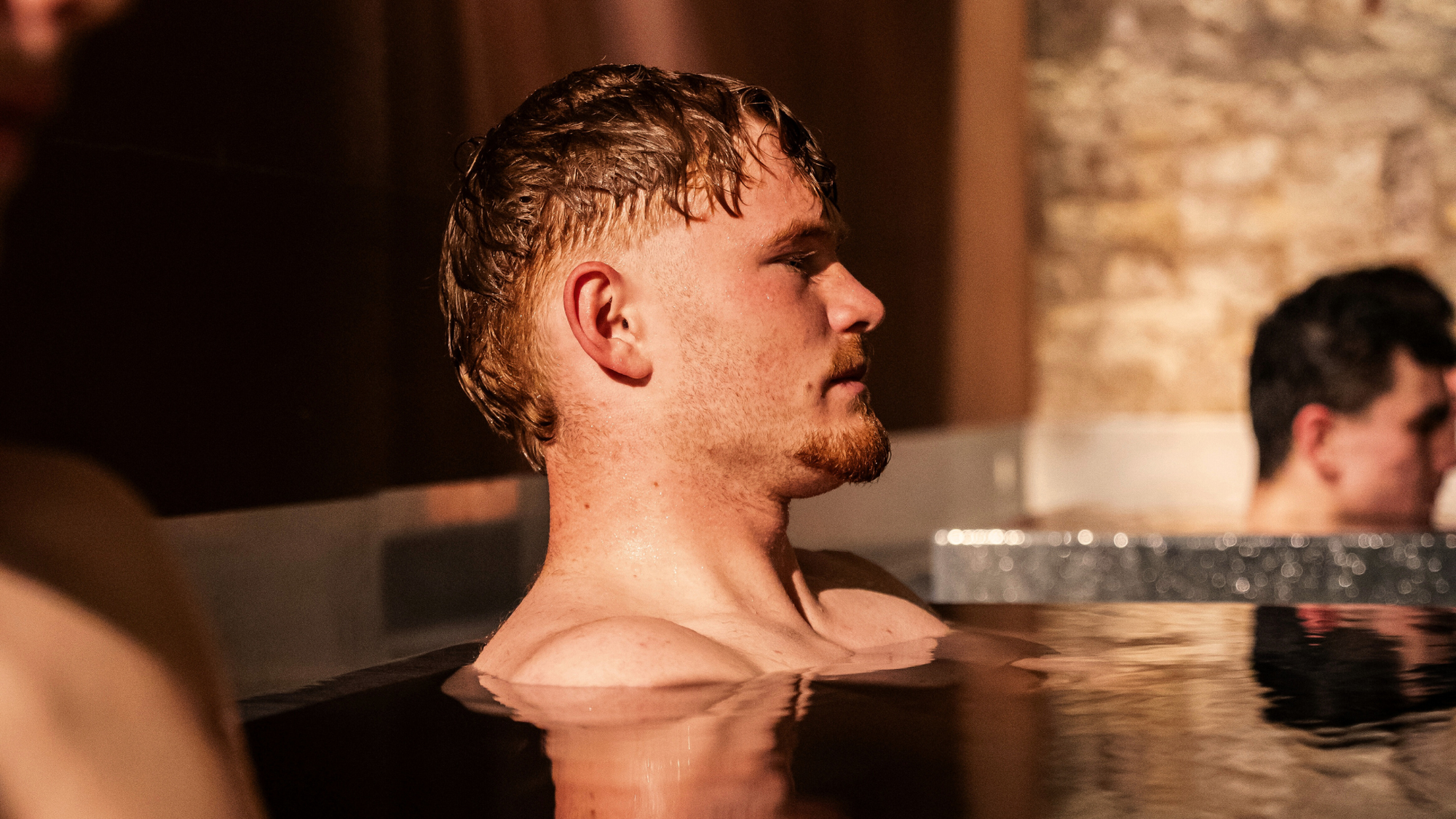

· By Katharina Fojtl
How to Lower Cortisol: Can Ice Baths Reduce Stress?
Understanding Stress and Cortisol
Stress is a natural response to challenges – both physical and psychological. While short bursts can enhance performance, it tires and exhausts the body when chronic.
A key player in this response? Cortisol – a hormone you might’ve already heard of as the "stress hormone."
What is Cortisol and How is it connected to Stress?
Cortisol is produced by the adrenal glands and plays a role in our body’s metabolism, immune response and blood pressure. When the body perceives stress, the hypothalamus (the control center of the brain) sends a signal to the pituitary gland. This tells the adrenal glands to release cortisol.
While cortisol is essential for survival, consistently high levels can lead to:
✅ Increased anxiety and irritability
✅ Sleep disturbances
✅ Weight gain, especially around the abdomen
✅ Immune suppression
✅ Increased risk of burnout
Eustress vs. Distress: Can Stress be Good for You?
Not all stress is bad. There is
-
distress (harmful, leading to burnout) and
-
eustress (positive, strengthening resilience – also called “hormetic stress”).
Understanding this is key to seeing why cold exposure, like ice bathing, can help regulate stress levels in a healthy way.
How Ice Bathing Helps Reduce Stress
Cold exposure is a form of hormetic stress, training the body to handle stress better. Here’s what happens:
Cortisol & Hormone Regulation
Ice baths initially spike cortisol. With regular exposure, baseline levels decrease. This builds resilience and trains the body to manage stress more effectively.
Die Vorteile vom Eisbaden
-
Reduces Chronic Cortisol Levels
→ Regular ice bathing helps lower long-term cortisol, improving resilience.
-
Boosts Mood & Mental Clarity
→ Cold exposure increases dopamine and norepinephrine, enhancing motivation and well-being.
-
Enhances Sleep Quality
→ Cold exposure regulates melatonin and lowers nighttime cortisol, improving deep sleep.
-
Improves Stress Tolerance
→ Repeated exposure lets the body handle daily stressors more effectively.
The Power of Combining Cold & Heat Exposure
Studies show that switching between sauna and ice baths can reduce cortisol even further:
-
A 29% decrease in cortisol was observed in individuals alternating sauna (80-100°C) with short cold water immersions (1 min, 10-11°C).
-
This cycle mimics natural stress-recovery, helping the body recover faster.
Cortisol & Cold Exposure: In a Nutshell
✅ Chronic stress keeps cortisol levels high, which negatively impacts your health.
✅ Cold exposure spikes cortisol initially but lowers baseline levels long-term.
✅ Hormetic stress (like ice bathing) trains the body to handle stress better.
✅ Cold therapy boosts dopamine, improves sleep and enhances resilience.
✅ Contrast therapy (sauna + ice bath) amplifies relaxation and recovery.
WeBorn Pro Tip
💡 Use cold exposure as a mindful stress-management tool! Use it regularly, with a set intention and the right breathing techniques to reduce stress directly and be able to cope with it better in the long-term. Try one of our guided ice bath classes for expert guidance through the ice bath or a guided sauna & ice bath class for guided contrast therapy.
Conclusion
Chronic stress and high cortisol levels can harm your health, but controlled cold exposure offers a powerful way to build resilience and train your body and mind to handle stress better.
Regular ice bathing can help you lower cortisol, improve well-being and increase stress tolerance.
Want to take it up a notch? Combine cold therapy with sauna sessions (“contrast therapy”) for an even greater impact.
Ready to take the plunge? Book your guided sauna & ice bath class. Discounted trial packages are available for first timers.


